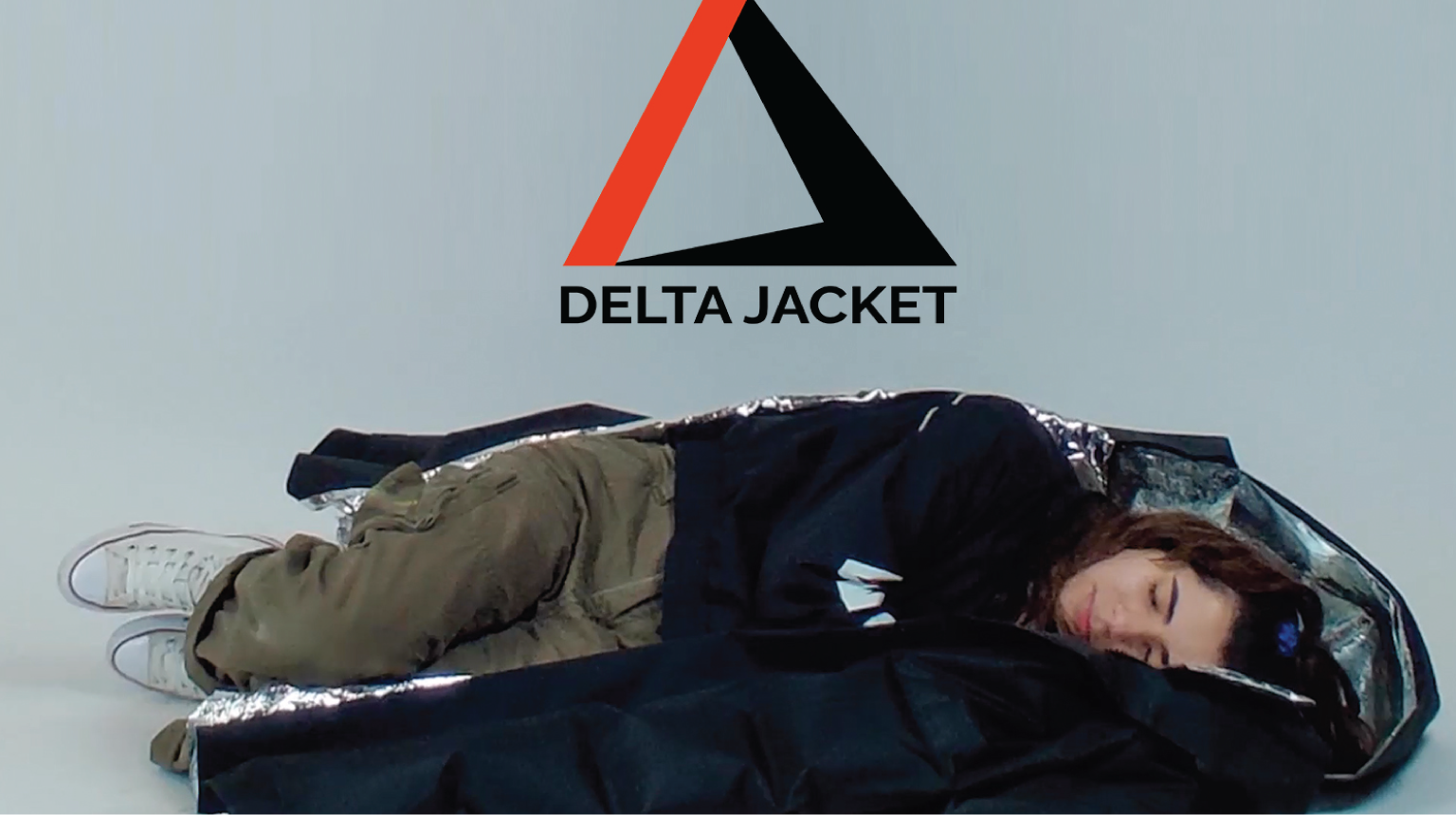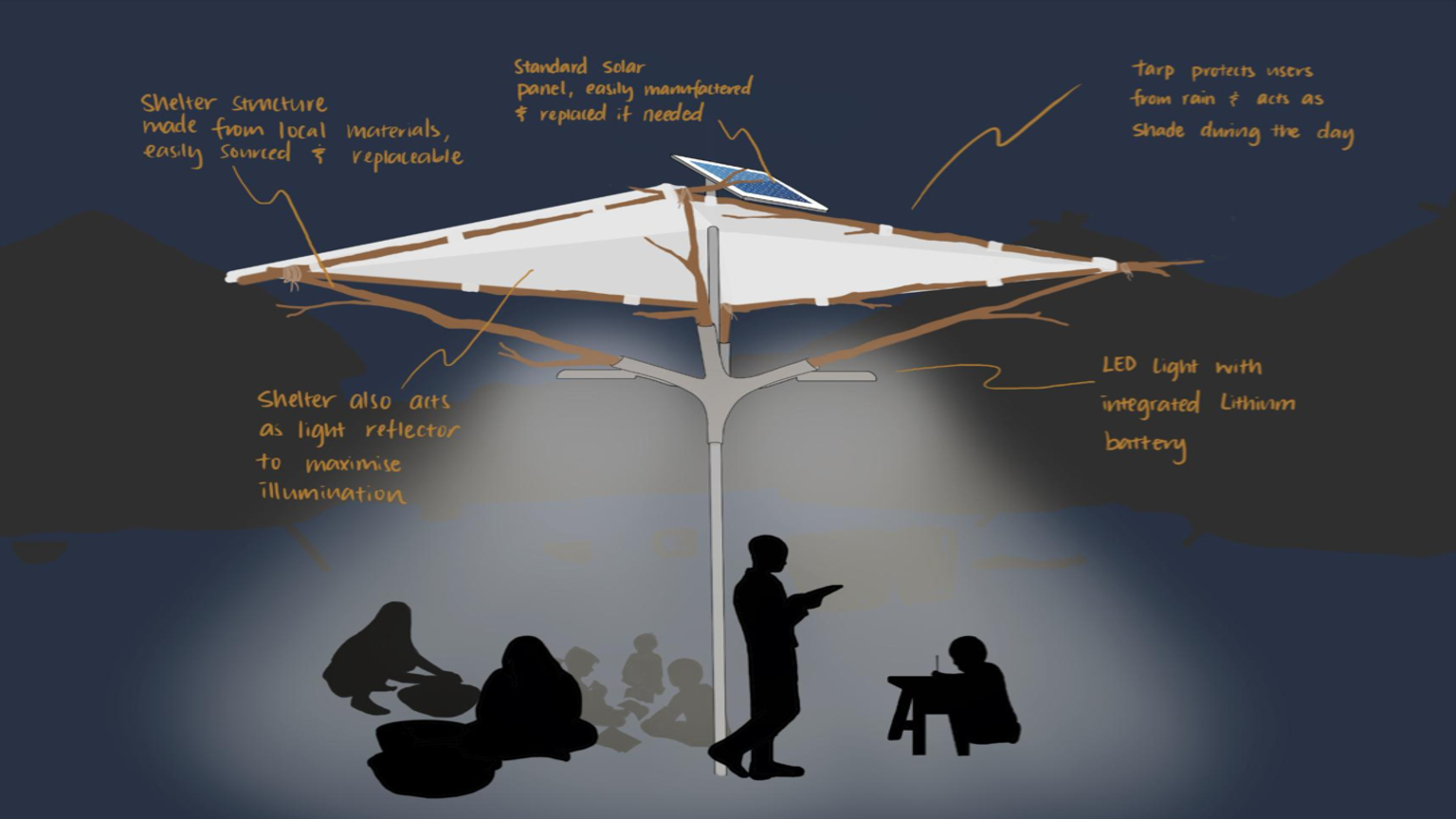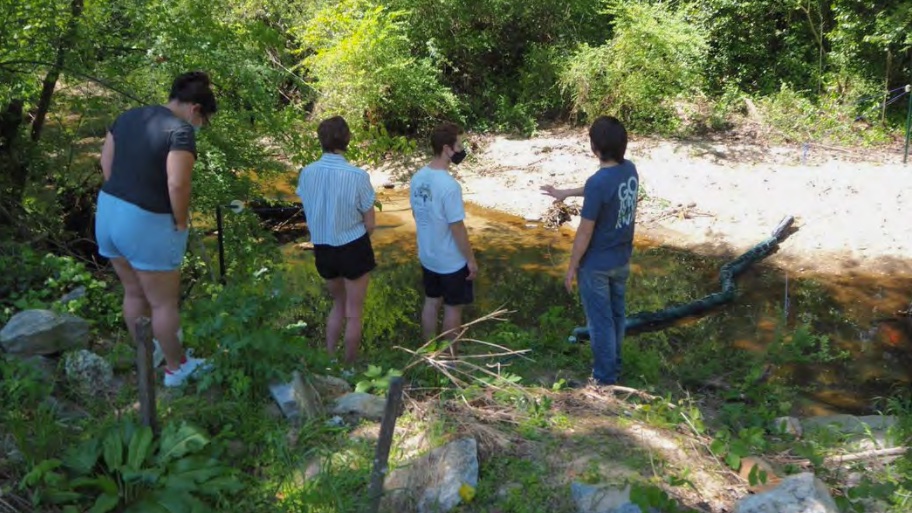
Richard John Livingston Martin
Humanitarian Design Award
Richard John Livingston Martin
Humanitarian Design Award
The Richard John Livingston Martin Humanitarian Design Award was created by the generous support of Barbara Rose, Jan Lorenc (ARCH, 94) and Chung Yoo (ID, 87) in honor of Richard Martin who was a professor in the College of Design and founder of the Center for Rehabilitation Technology which became CATEA, and is now known as CIDI, the Center for Inclusive Design and Innovation. Professor Martin was dedicated to the role of humanitarian design as a priority in society. He was well regarded for his research and outreach to the community during his career at Georgia Tech, but his focus and dedication was to his students.
Judging Criteria
IMPACT
INNOVATION
AESTHETICS
Humanitarian Design Award Winners
1st Place: Delta Jacket
2nd Place: TreeLight
3rd Place: Happy Crawfish
Trash Trap

Delta Jacket
By: Aya Ayoubi
Delta Jacket is a piece of “Humanitarian Couture” that aims to improve the standards of living of an average homeless person by providing them with basic heat and comfort. It does this through the insulative properties of an inflatable structure, namely a waterproof jacket, that they can sleep on. Delta can be used as an average raincoat, until it is inflated for added insulation or to act as an air-mattress type bedding. Additionally, the jacket is reversible; it comes lined with an emergency foil type fabric that can keep the wearer warm in the winter, and if turned inside out, cold in the summer.

TreeLight
By: Kareen Yeung
TreeLight is an extension of what has already been successful with rural communities and its inspired by the phenomenon of students of all ages studying together under street lights. The shelter built on TreeLight allows the product to be used during the day as shade, but also during rainy days. It’s a much more efficient use of resources because it can be used by different members of the community and allow them to continue chores, preparing their produce, complete schoolwork, hold meetings, or just socialize. Furthermore, the shelter can be built with locally found natural materials to reduce costs.

Happy Crawfish Trash Trap
By: Jack MacLeod, Andrew Elliott, Aldric Koolman (ID Students)
With: Carolina Cariello, Garrett Foran, Victoria Round (ME Students)
Happy Crawfish trash trap captures floating trash in tributaries of Proctor Creek. This project has environmental significance in reducing litter in West Atlanta waterways, engineering significance in applying technology to improve the trash trap user experience, and cultural significance in giving community members a sense of ownership in the changes happening in their space. Our trash trap is uniquely designed for West Atlanta with low-cost, prefabricated components which fit into the budget of the implementing organization (WAWA).
Have a Question for Us?